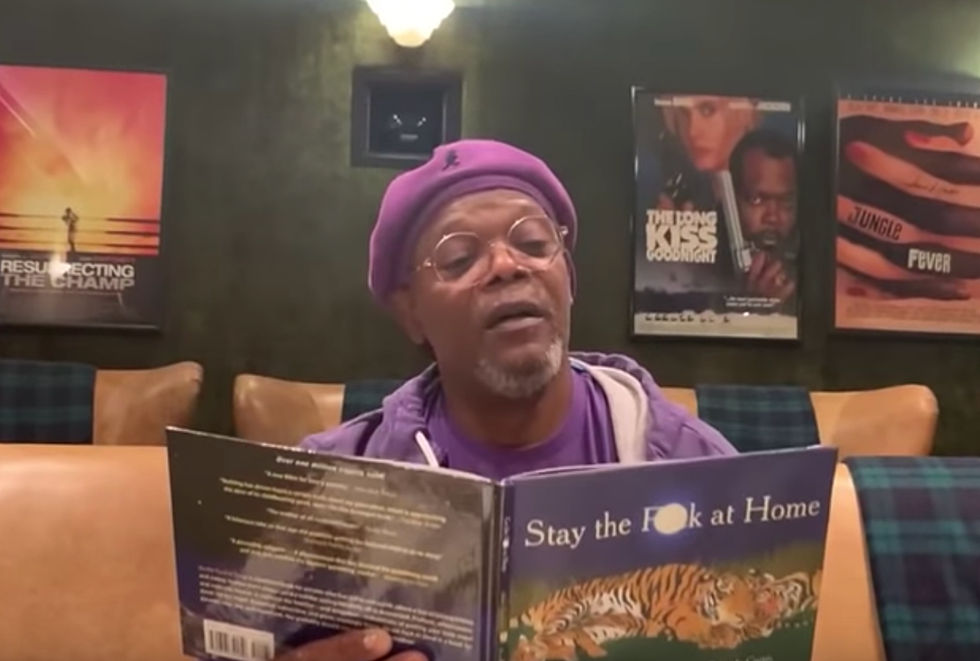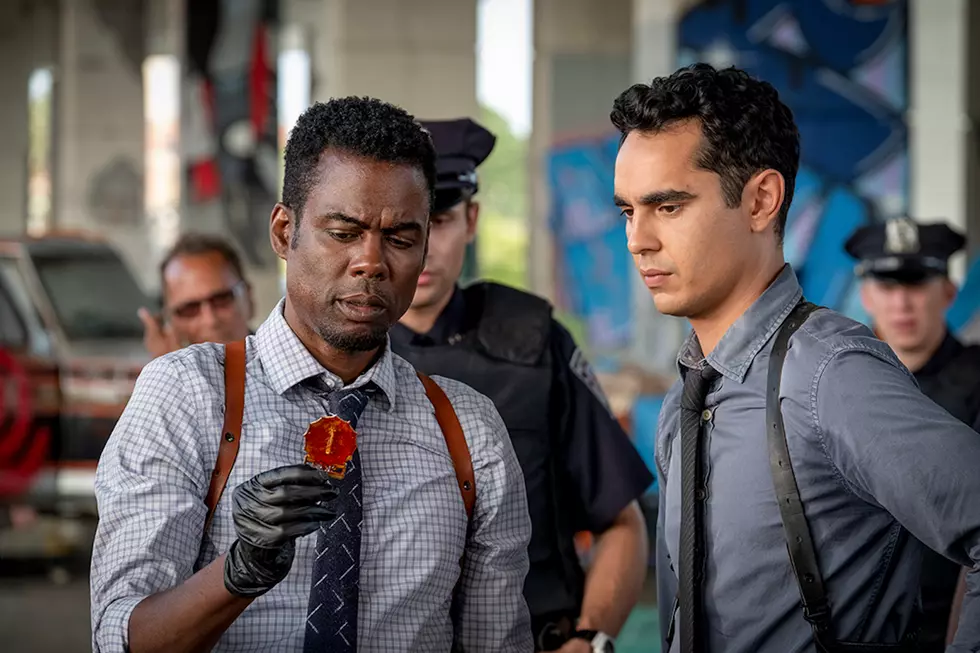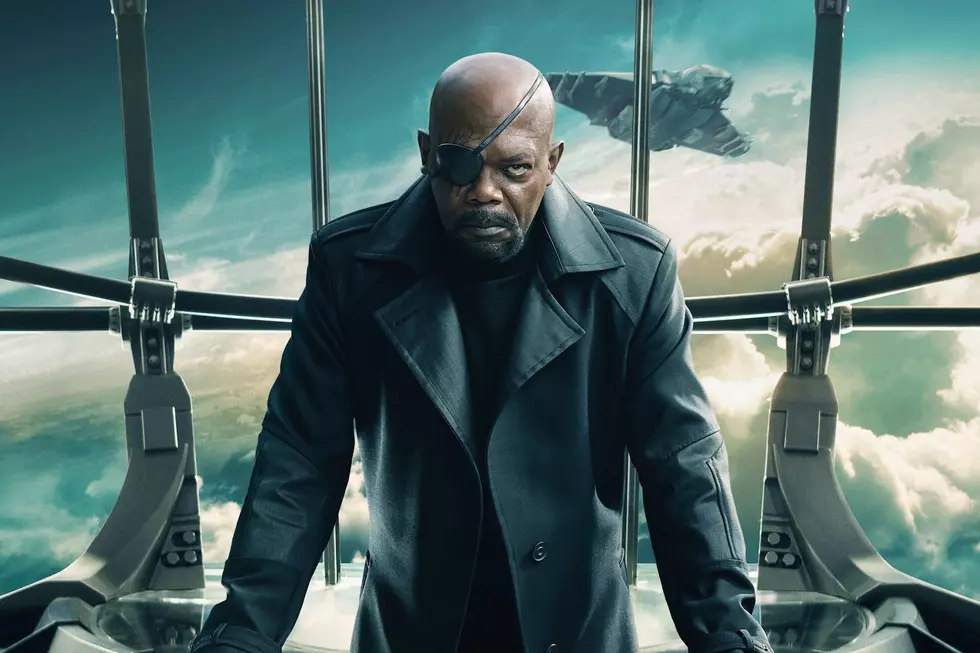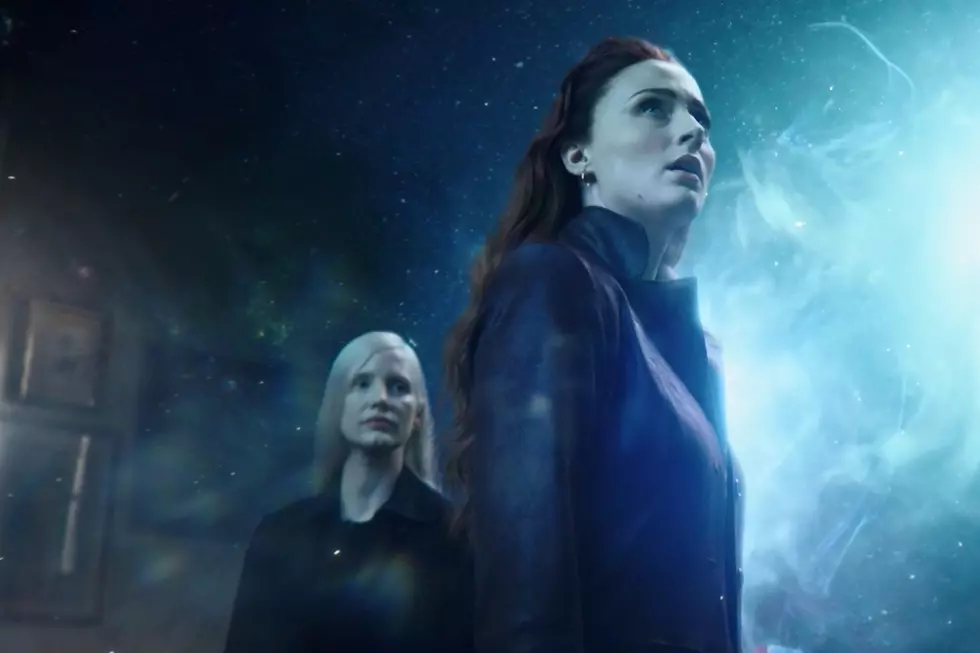
The Crazy Ending of ‘Glass’ Explained
The following post contains SPOILERS for Glass as well as a third-act twist that will make you rethink everything you’ve read up to that point.
Are you ready to have your mind blown? The new M. Night Shyamalan movie ends with a twist. A random, nonsensical, silly twist! But a twist nonetheless.
He wouldn’t have it any other way. Since Shyamalan’s third feature, The Sixth Sense, became a surprise blockbuster in the summer of 1999, third-act twists have been Shyamalan’s bread and butter, and also the plate they serve with the bread along with with the little cup the butter comes in. He’s like our generation’s Rod Serling, except he’ll throw a twist in whether the movie demands one or not.
Glass definitely falls into the latter category. For 90 percent of its runtime, it’s a straightforward deconstruction of superhero myths, featuring David Dunn (Bruce Willis), a reluctant and invulnerable do-gooder, Kevin Wendell Crumb (James McAvoy), a man whose dissociative identity disorder gives him 24 personalities, including one with animalistic strength, and Elijah Price (Samuel L. Jackson), an evil genius with extremely brittle bones. Crumb — also known as “The Horde” — kidnaps and eats young women, and Dunn — who the press call “The Overseer” — is on a mission to bring him to justice. Instead, both are captured by a psychiatrist named Dr. Ellie Staple (Sarah Paulson) who specializes in people who suffer from the delusion that they are superheroes. She locks them in a private mental institution with a heavily sedated Price — AKA “Mr. Glass”.
Dr. Staple then spends the film’s entire second act trying to convince the three men that they are insane, rather than gifted with special abilities. She very nearly succeeds when Price busts them all out of prison. Price still believes in their powers, and he wants the others to believe too. So he forces the Overseer into a very public fight with the Horde at the grand opening of a new Philadelphia skyscraper.
BUT WAIT! HERE COMES THE TWIST!
None of the men ever make it to the skyscraper. Instead they wind up fighting in the mental hospital parking lot. Then all three — all three! — are killed by Dr. Staple and a SWAT team that she commands. It turns out Dr. Staple really works for some kind of Illuminati-type organization that maintains society’s status quo by imprisoning, obscuring, or otherwise eliminating super-powered individuals. She doesn’t think Dunn, Crumb, and Price are faking their powers; she knows they’re the real deal but hopes to trick them into believing they’re mental patients. When she fails, she has no choice but to murder them and cover the whole operation up.
Dr. Staple’s employers — they’re not named, but every member has a cloverleaf tattoo on their wrists — believe they have succeeded, but Price and his super-intellect are too smart for them. He used the mental hospital’s security cameras to record everything that transpired, and transmitted the files to his mother (Charlayne Woodward), Dunn’s son Joseph (Spencer Treat Clark), and Crumb’s Stockholm Syndrome-afflicted kidnapping victim (Anya Taylor-Joy). The trio upload the footage to YouTube and as Glass ends, the videos begin to go viral, signaling that the world knows the truth about superheroes.
Uh ... what?
If you want more explanation — like where this anti-superhero organization came from, how long they’ve been around, why they use a cloverleaf as their symbol (Are the Irish well-known comic-book haters?), or why they keep these identical tattoos in an easily visible spot on their body which kinda gives away the game in terms of the whole secret society thing — you’ll have to fill in those blanks yourself. Shymalan doesn’t connect any of the dots, either because he wants to make future movies set in this universe that might draw on this material, or because he never figured out a way to make it all make sense.
The only argument for Glass’ twist is that it concludes a trilogy where each of the two previous entries had twists. The end of Unbreakable reveals that despite the ominous mood of supernatural dread running through the entire film, it’s really a movie about comics and superheroes. The same is true of Split, which bears all the trappings of a torture porn slasher film, then flips the audience’s expectations on their heads when Bruce Willis’ David Dunn shows up watching a news report on Crumb, and decides to catch him. There’s a certain symmetry to ending Glass in a similar way.
But the twist in both of the previous movies in the so-called “Eastrail 177 Trilogy” (named after a fatal train crash that figures into all three movies) was to reveal they were secret superhero movies. The twist in Glass reveals ... it’s also a superhero movie, but there are mean people who don’t like superheroes. That’s not quite the same level of mind-blowing revelation.
Glass’ twist also comes at the expense of the film’s characters. Because Dr. Staple’s whole life is wrapped up in this secret society, showing any of it would blow the surprise. As a result, she doesn’t get a single scene outside the mental hospital until the very end of the film. We never understand why she’d doing this, what she gets out of it, or how she got into this strange line work, which means the person with the most dialogue in the movie also has the least motivation. That’s in stark contrast to Unbreakable and Split, which are very much about characters first, and twists second.
Plus the stuff with the secret society distracts from the part of the film’s third act that’s actually shocking: Shyamalan casually kills all three of the film’s main characters, including his version of Superman, who is literally drowned in a puddle. (David Dunn’s one weakness is water.) Rather than examine the emotional impact of this loss on the survivors, Shyamalan pivots to the Paulson “bombshell” which has zero basis in either of the first two movies in the trilogy, and makes very little sense within the confines of this movie.
The surprise factor is also heavily undercut by the fact that this is An M. Night Shyamalan Film, and at this point those four words are essentially synonymous with genre thrillers that end with weird twists. His early twists worked because they were unexpected, and later because they were clever bits of misdirection. Now Shyamalan’s like a card player who pumps his fist on the river; he has no poker face. At this point the most surprising thing Shyamalan could do is not try to surprise people.
Gallery — Best Picture Winners Everyone Should See:
More From KISS FM 96.9










